In India today, women's achievements in all disciplines are acknowledged and rewarded. Employment opportunities are no longer as gendered as they once were and the glass ceiling is gradually lowering. Women have never been more integrated into the Indian workforce than they are now, as discussions about equal pay have become more commonplace. On National Astronaut Day, let’s take a look at these women who have made indelible marks in the global aerospace industry!
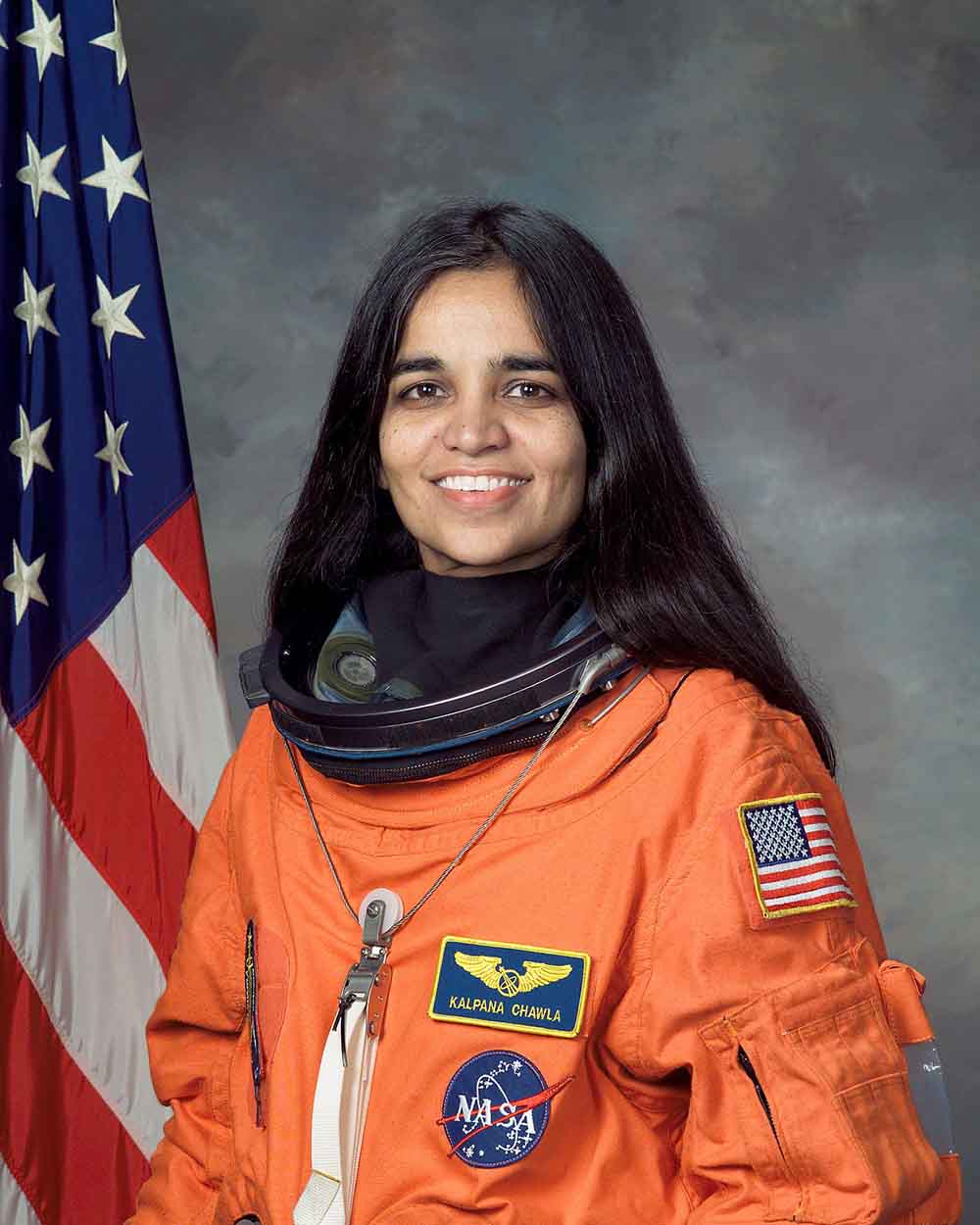
Kalpana Chawla
The first Indian-origin woman to travel to space was Kalpana Chawla in 1997. She served as the US space shuttle Columbia's mission specialist and main robotic arm operator. Chawla was one of seven crew members who died in 2003 when the US space shuttle Columbia broke apart 15 minutes before it was supposed to land. Chawla, who is remembered for being the first woman to introduce India to the world of space, started working for NASA in 1988. She received the Congressional Space Medal of Honour and the NASA Distinguished Service Medal posthumously in recognition of her contributions to NASA. She will always be India’s first lady of space!
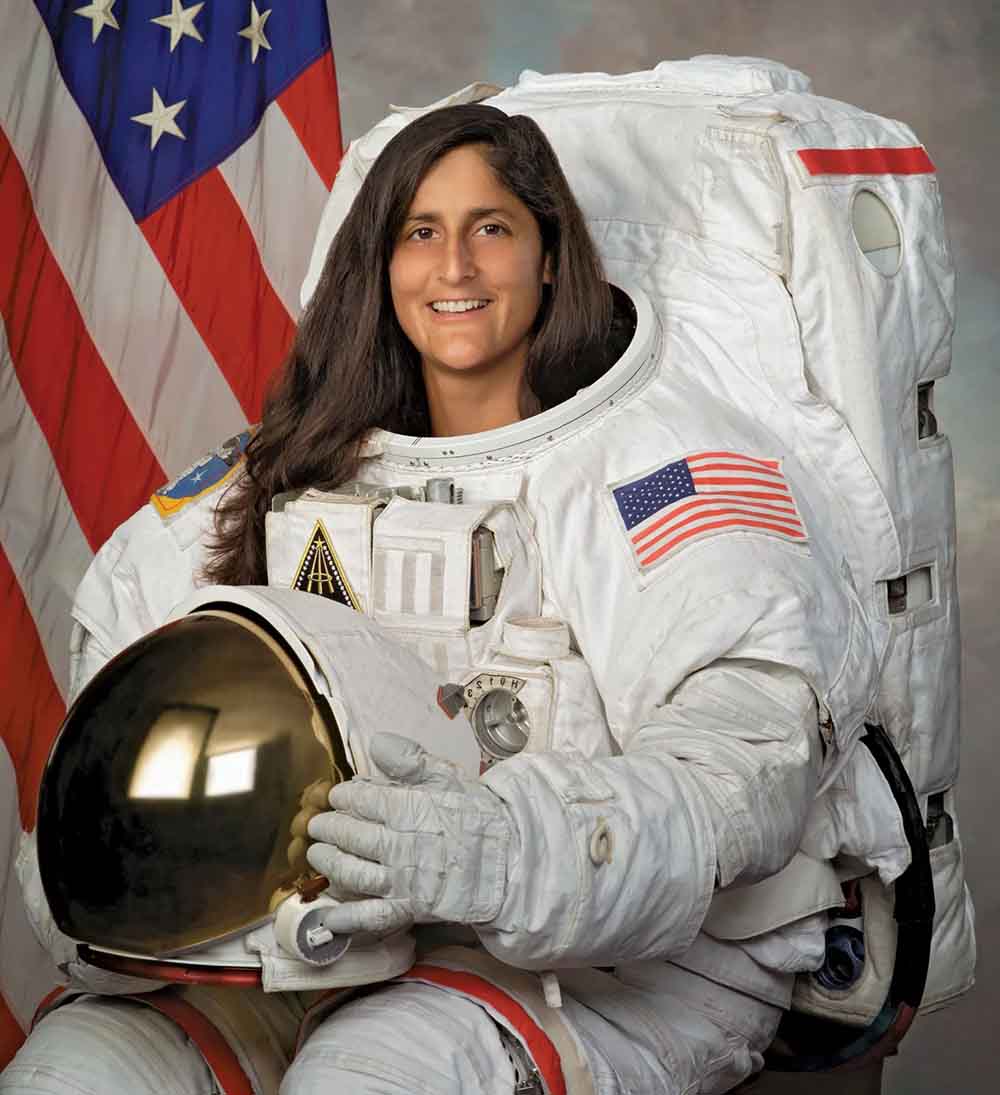
Sunita Williams
Sunita Williams became the second Indian woman to journey to space, following in Chawla's footsteps. The astronaut, who is half Indian and half Slovene spent 195 days on the International Space Station (ISS) during her first voyage in 2006. In 2012, she also worked for the ISS as a flight engineer. Williams was one of four astronauts selected in 2015 to be the first to fly in NASA's Commercial Crew program, which tested two new spacecrafts: Boeing's and SpaceX's Dragon.
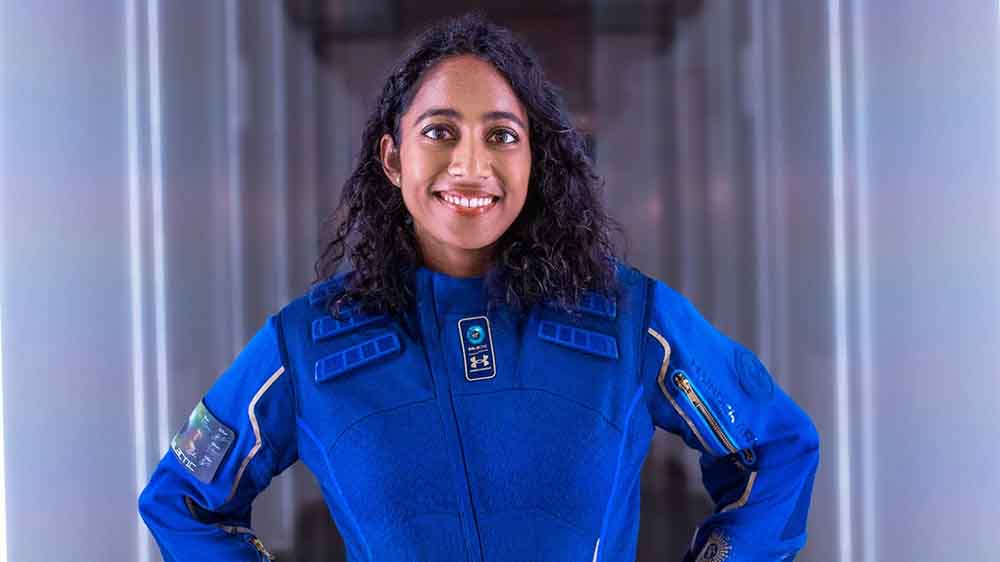
Sirisha Bandla
As the Vice President of Government Affairs and Research Operations for Virgin Galactic, Sirisha Bandla, an Indian-American aeronautical engineer, has made history. Her voyage from Andhra Pradesh's Guntur region to the infinite reaches of space is a prime example of desire and commitment. Bandla became the fourth person of Indian heritage to pass beyond the celestial threshold as a member of the Virgin Galactic Unity 22 expedition. Her achievement puts her in the company of such greats as Sunita Williams, Kalpana Chawla, and Rakesh Sharma.
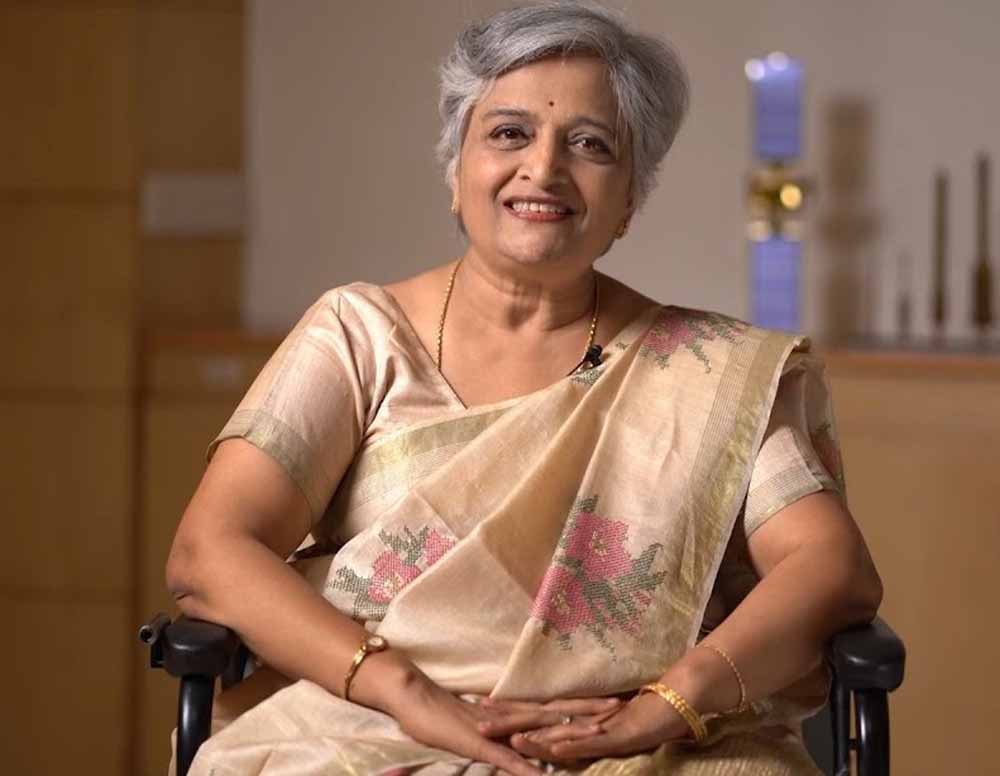
Anuradha TK
Anuradha TK is the Geosat Program Director at the Indian Space Research Organisation (ISRO) Satellite Centre and its most senior female officer. She has been with the agency for 34 years. Her first ever space-related memory was the momentous moon landing by Neil Armstrong during the Apollo launch. She heard about it from her parents and teachers because they didn't have a television back then. Her interest in science was piqued. Since she disliked rote learning, this curiosity quickly developed into a passion for the subject. In 1982, she was employed at ISRO and specialised in the launch of communication satellites into orbit. Anuradha is not just a role model for scientists but those from other fields as well. She feels that it is critical to dispel the stereotype that science is a field better suited for men.
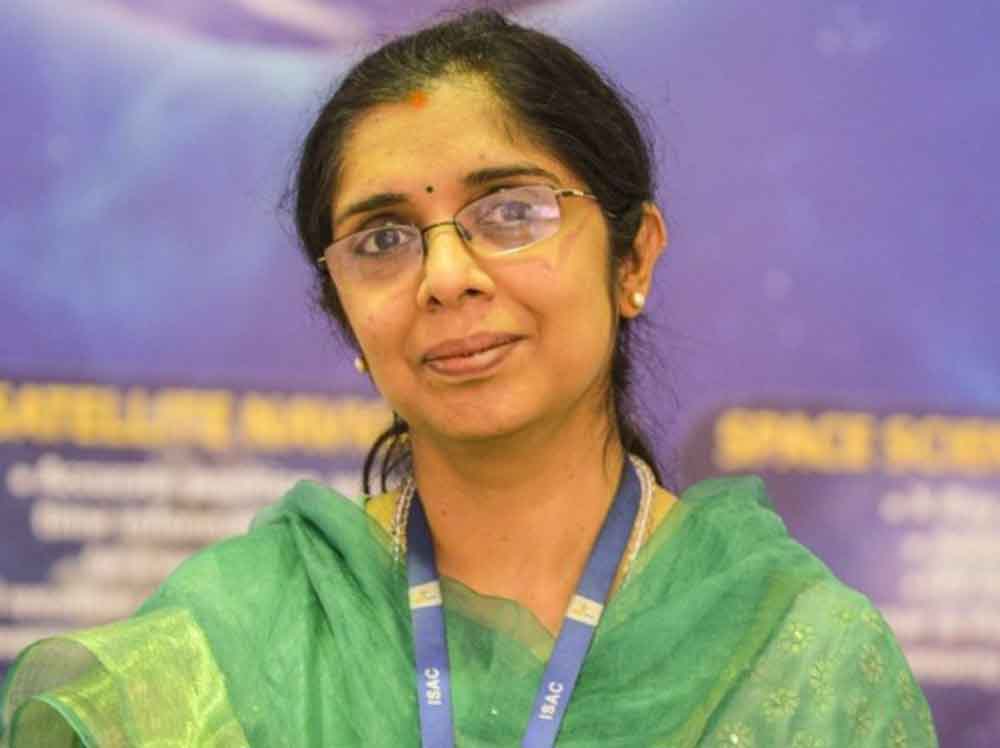
Nandini Harinath
One of the Deputy Operations Directors for the Mars orbiter mission, Nandini Harinath is currently a scientist at ISRO's Satellite Centre in Bengaluru. Given Harinath's natural aptitude for science and affinity to the subject since childhood, it is unsurprising that she was hired by ISRO with ease. Nandini takes immense pride in the project's accomplishment, believing it was crucial not just for ISRO but also for India..
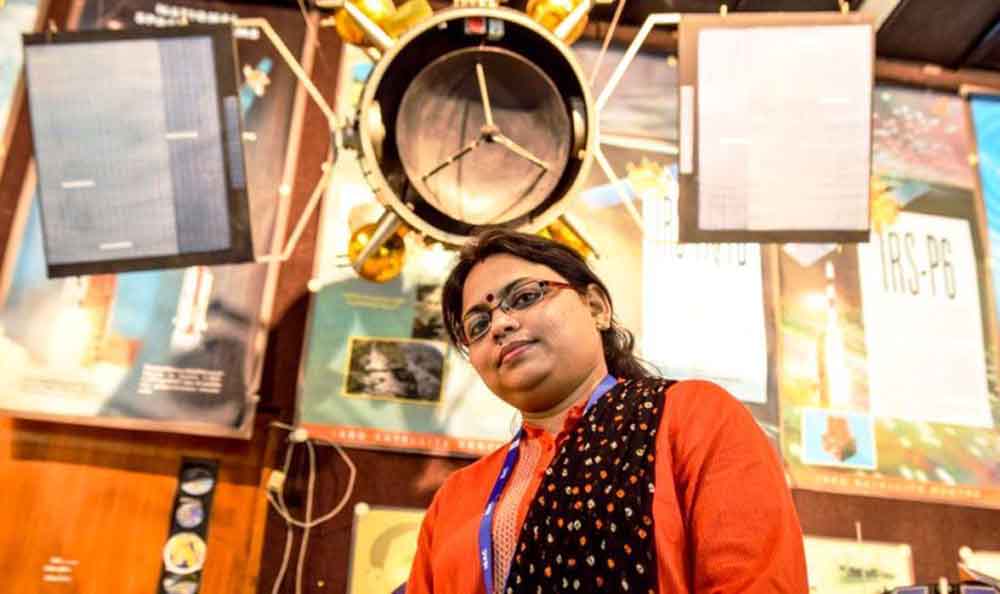
Ritu Karidhal
Once upon a time, a young girl would constantly stargaze and gather newspaper clippings on NASA and ISRO initiatives. Today, she’s known as the ‘Rocket Woman’ of India. Ritu Karidhal is a scientist at ISRO who has served as an operations director on several projects. She is well-known for her role as the Deputy Operations Director on India's Mars orbiter mission, Mangalyaan. With a fairly brief 18-month window, the mission began operations in April 2012.